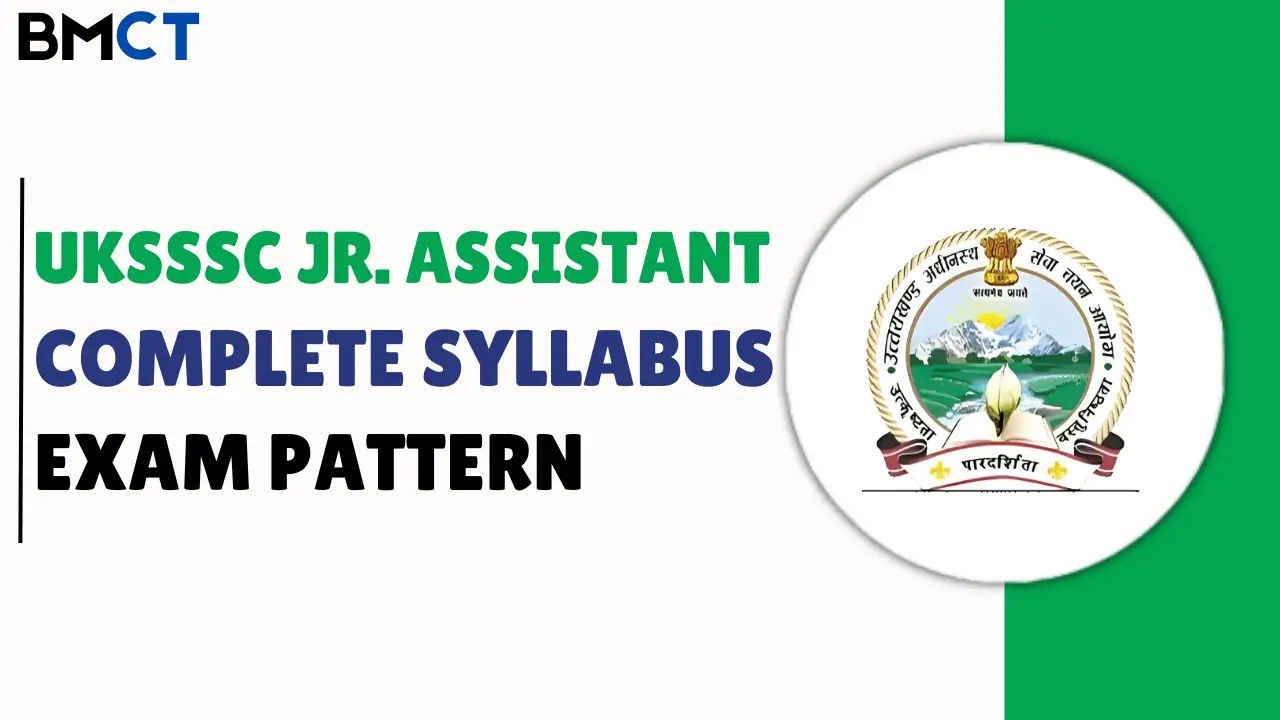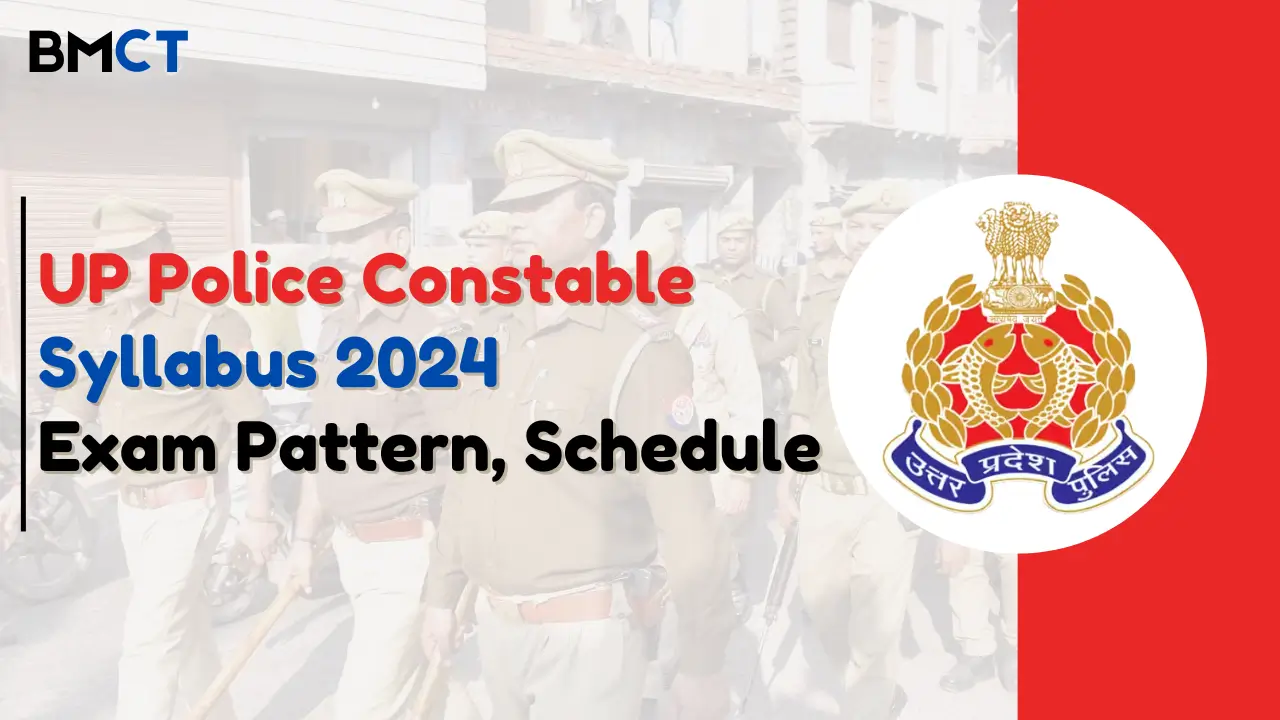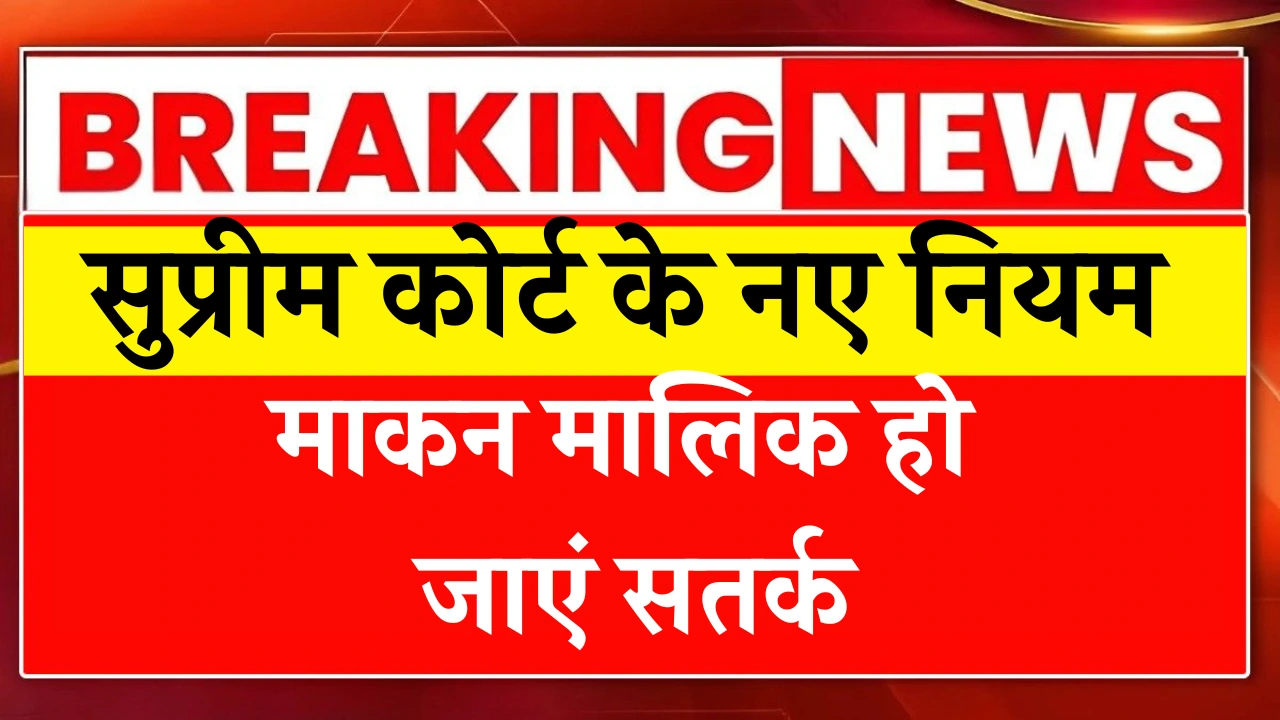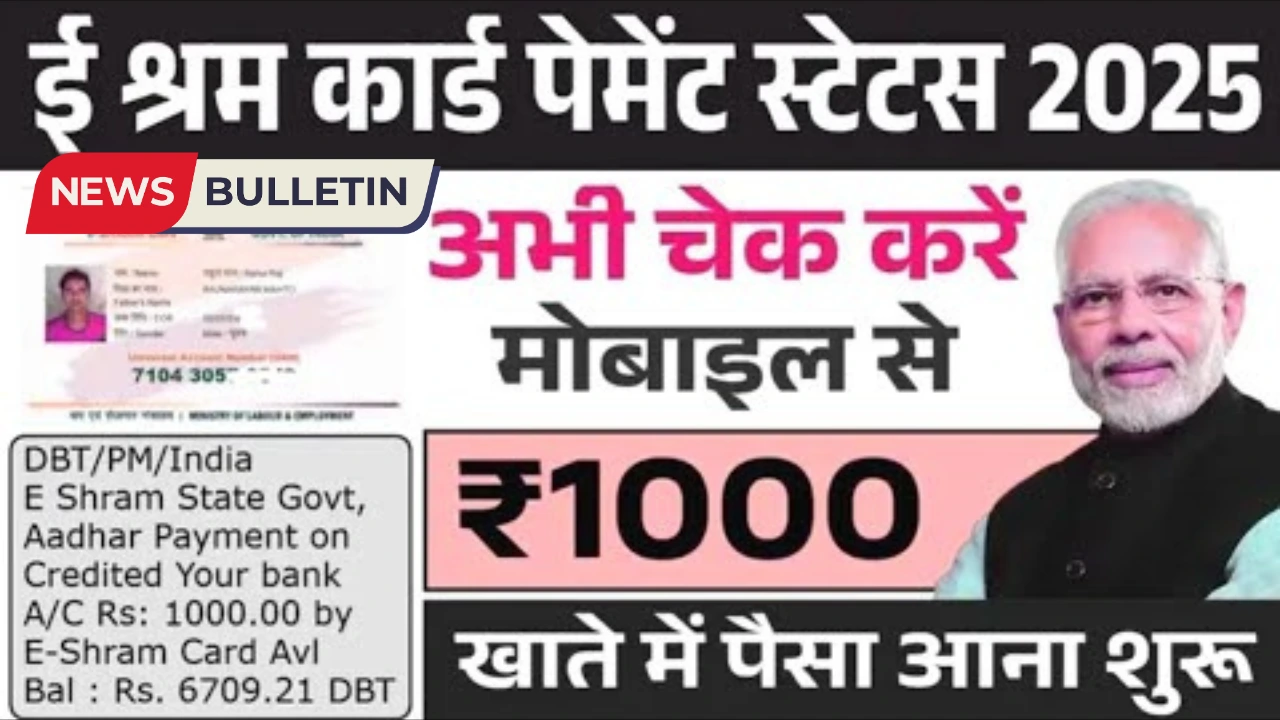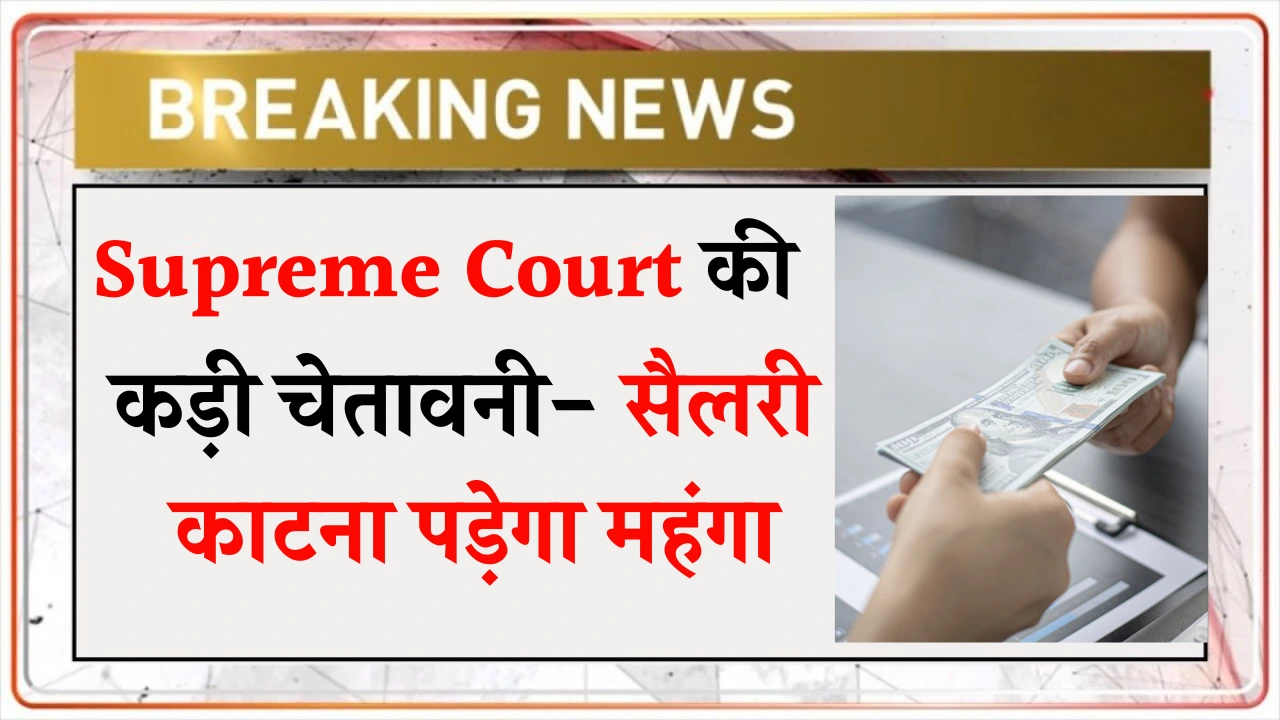The Maharashtra Public Service Commission (MPSC) is one of the most prestigious recruitment bodies in Maharashtra, responsible for selecting candidates for various administrative posts in the state government. Among its many exams, the MPSC Group C Examination holds significant importance as it opens doors to numerous opportunities in clerical and administrative roles. The exam is conducted annually and attracts thousands of aspirants aiming to secure stable government jobs.
The MPSC Group C Examination is designed to test candidates’ knowledge, reasoning abilities, and language proficiency through a structured selection process. It consists of three stages: Preliminary Exam, Main Exam, and a Typing Test (for specific posts). To excel in this competitive exam, it is crucial for candidates to have a clear understanding of the syllabus, marking scheme, and examination pattern.
MPSC Group C Examination
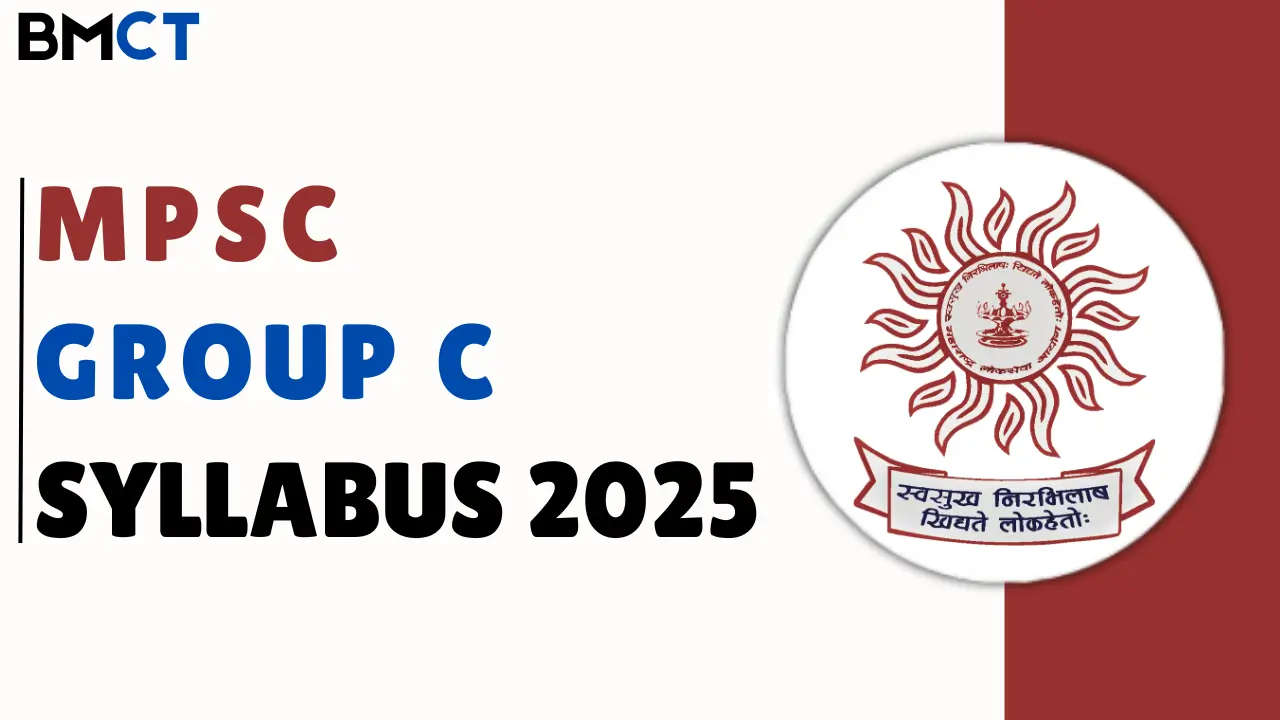
| Exam Conducting Body | Maharashtra Public Service Commission |
| Exam Name | MPSC Group C Exam |
| Marking Scheme | Prelims: 100 Mains: 400 |
| Questions | Prelims: 100 Mains: 200 |
| Negative Marks | 0.25 marks |
| Official website | mpsc.gov.in |
MPSC Group C Selection Process
- Preliminary Examination
- Main Examination
- Typing Test (for Tax Assistant and Clerk-Typist posts)
MPSC Group C Exam Pattern
Preliminary Exam
- Type of Questions: Objective (Multiple Choice Questions)
- Total Marks: 100
- Duration: 1 hour
- Negative Marking: 0.25 marks deducted for each incorrect answer
- Language: English and Marathi
| Subject/Section | Number of Questions | Marks | Duration |
|---|---|---|---|
| General Knowledge | 100 | 100 | 60 minutes |
Main Examination
Paper I (Language Paper)
- Subjects: Marathi and English
- Total Marks: 200 (Marathi – 120 marks, English – 80 marks)
- Duration: 1 hour
- Question Type: Objective (MCQs)
- Negative Marking: 0.25 marks per incorrect answer
Paper II (General Ability & Subject-Specific Knowledge)
- Subjects: General Ability Test and post-specific topics
- Total Marks: 200
- Duration: 1 hour
- Question Type: Objective (MCQs)
- Negative Marking: 0.25 marks per incorrect answer
| Paper | Subjects | Questions | Marks | Duration |
|---|---|---|---|---|
| Paper I | Marathi (60), English (40) | 100 | 200 | 1 hour |
| Paper II | General Ability & Post-Specific | 100 | 200 | 1 hour |
| Total Marks | 400 | 2 hours |
MPSC Group C Syllabus
Preliminary Exam Syllabus
Subjects Covered:
General Knowledge:
- History of India and Maharashtra
- Geography of India and Maharashtra
- Indian Economy
- Indian Polity and Constitution
- Environmental Studies
- Science and Technology
- Current Affairs (National & International)
Intelligence Test:
- Logical reasoning and problem-solving abilities
Arithmetic:
- Basic numerical skills, percentages, averages, ratios, etc.
Main Examination Syllabus
Paper I – Language Proficiency (Marathi & English)
Topics for Marathi:
- Grammar
- Vocabulary
- Sentence Structure
- Proverbs and Phrases
- Comprehension
Topics for English:
- Grammar
- Sentence Correction
- Vocabulary (Synonyms, Antonyms)
- Comprehension
Paper II – General Ability Test & Post-Specific Knowledge
Topics for General Ability Test:
- History, Geography, Civics, Economics of India and Maharashtra
- General Science (Physics, Chemistry, Biology)
- Mathematics (Arithmetic, Algebra, Geometry)
- Current Affairs related to India and Maharashtra
Post-Specific Knowledge:
- Excise Sub Inspector: Law enforcement procedures, basic legal knowledge.
- Clerk-Typist: Typing speed and accuracy.
- Tax Assistant: Basic accounting principles.
Tips for Preparation
- Focus on understanding the syllabus thoroughly.
- Practice previous years’ question papers to familiarize yourself with the pattern.
- Strengthen language skills in both Marathi and English.
- Stay updated with current affairs related to Maharashtra and India.
- Use online mock tests to improve speed and accuracy.
Conclusion
The MPSC Group C examination is a gateway to various administrative roles in Maharashtra’s public service sector. Understanding the syllabus and exam pattern is crucial for effective preparation. With a clear strategy focusing on both Prelims and Mains stages, candidates can significantly improve their chances of success in this competitive exam.
